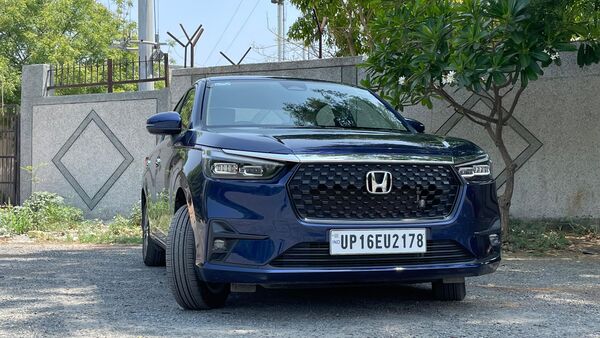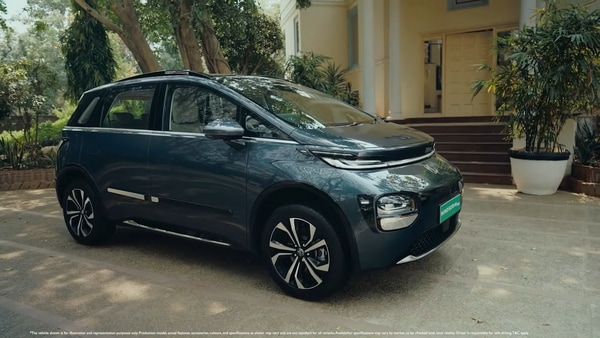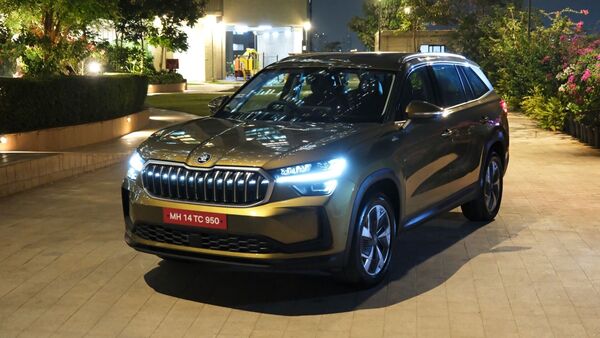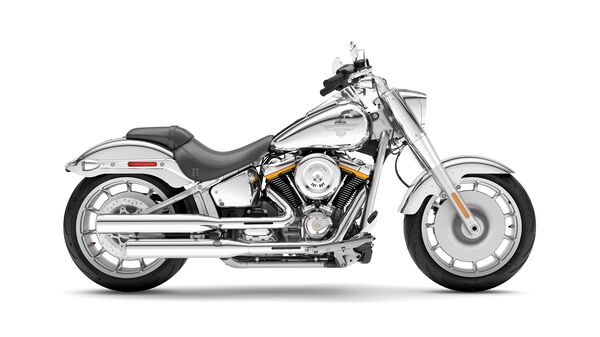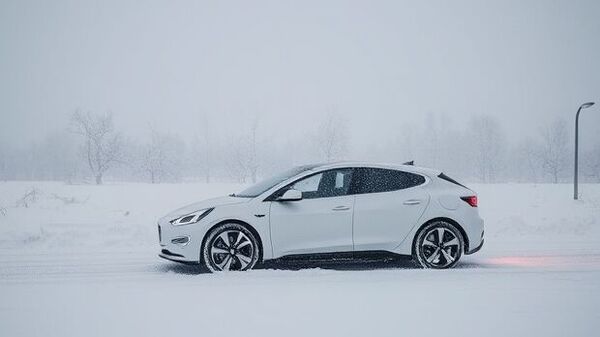
Electric Vehicles: Your Ideal Companion for Winter Road Trips
4 months ago | 5 Views
Concerns regarding the performance of electric vehicles (EVs) in cold weather are often highlighted; however, there are significant advantages to operating a battery-powered vehicle in low temperatures. While detractors of EVs frequently debate the effects of cold on battery efficiency, it is important to note that these vehicles can offer enhanced safety, particularly on icy and snowy roads.
Electric vehicles possess several performance benefits compared to traditional internal combustion engine (ICE) vehicles. A primary advantage is the availability of instant torque, which reduces the likelihood of wheel spin due to superior traction. Consequently, the occurrence of spin-outs is generally diminished in EVs. It is essential, however, to equip the vehicle with all-weather tires when navigating through snow-laden roads.
Another vital consideration is the weight distribution of electric vehicles. The placement of batteries beneath the floor and centrally within the vehicle contributes to a lower center of gravity, enhancing stability in comparison to similar ICE models. This strategic weight distribution is crucial for maintaining control.
In particularly slippery conditions, the one-pedal driving feature of EVs allows for a more controlled driving experience. This technology activates regenerative braking when the driver releases the throttle, which not only slows the vehicle but also recaptures energy for the battery. This capability provides drivers with improved control, especially when descending icy slopes.
How does cold impact EV battery?
While electric vehicles (EVs) offer certain advantages during the winter months, it is important to acknowledge that frigid temperatures can negatively impact the battery's performance. This phenomenon is similar to the effects of excessively high temperatures on EV batteries.
In extremely cold conditions, the chemical reactions occurring within an EV battery are significantly slowed, and studies indicate that the vehicle's range can decrease by as much as 46 percent in freezing temperatures. Additionally, charging times tend to increase as temperatures drop.
However, due to significant progress in battery technology, these issues are not as pronounced as they were in the past.
Read Also: Kia Syros vs Seltos: Top features that separate the two SUVs
HOW DID YOU LIKE THIS ARTICLE? CHOOSE YOUR EMOTICON!
#

